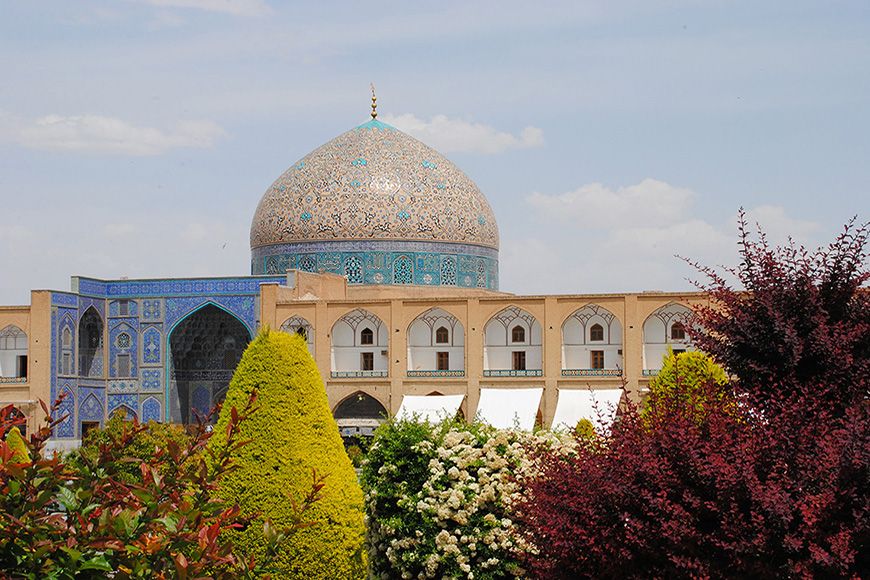Comparing Cultures, Friends, and Welcoming Attitudes
Friendliness and Hospitality
The Chinese people are typically perceived as cold and not very welcoming to foreigners until you get to know them personally. However, once true friendships are formed, they are known to show brotherhood and hospitality unlike others. The Japanese people are generally warmer and friendlier towards foreigners from the beginning, but the relationships may not progress much deeper than surface-level pleasantries. Unlike the Japanese, Chinese people are eager to welcome foreigners into their homes and offer their couches if visitors do not have hotel accommodations.

History and Cultural Preservation
China has a rich history that was severely impacted by wars and cultural revolutions. However, remnants of classical Chinese architecture, traditions, and philosophy remain intact in cities like Shanghai. In comparison, Japan was rebuilt largely from scratch after being destroyed during World War 2 bombings. As a result, much of the older traditional architecture and cultural heritage was lost. Shanghai succeeds in retaining nostalgic elements of its old Shanghai charm while also embracing globalization.
Comparing Food Cultures and Cuisine Options
Diversity and Variety of Chinese Food
The food culture in Shanghai, and China as a whole, cannot be matched. With exposure to over 10 years of culinary adventures across the country, I am still discovering new and exciting dishes. Japanese cuisine, while beautifully prepared, becomes repetitive with its overdependence on sushi, tempura, and soba noodles. Chinese regional cuisines offer limitless possibilities for foodies willing to explore outside the typical meat and potato offerings in hotels and Western restaurants.
Delicious Dim Sum and Street Food
Much of Shanghai’s vibrant street food culture remains untouched by hotel restaurants and international influences. Dim sum and local street snacks are affordable delights offering unmatched flavors. While Japan has gourmet kaiseki cuisine, Shanghai delivers affordable deliciousness through its abundance of cheap and cheerful dining options. Foodies will be overwhelmed with options every day in China compared to the limited variety in Japanese cuisine.
Evaluating Urban Infrastructure and Transport Systems
World-Class Public Transport
Shanghai’s metro, high-speed trains, and widely available taxis provide a transport system that is efficient, affordable, and covers the massive city. While Tokyo’s systems are known for punctuality, the costs are comparatively high. Shanghai’s infrastructure has been developed on a wider scale for local residents. Getting around the cosmopolitan metropolis is seamless, leaving more money in travelers’ pockets for cultural exploration and dining adventures.
Pedestrian-Friendly Walkable Areas
Both cities have their fair share of crowded narrow streets and hidden gems off the beaten path. However, Shanghai has done an exceptional job of maintaining pedestrian-friendly zones even as the city modernized. Renovated hutong areas, European-inspired boulevards, and riverside promenades invite leisurely strolls among the skyscrapers. While Tokyo has its charming sides, much of the city prioritizes automotive traffic over walkability.
Drawing Comparisons on Living Costs and Day-to-Day Expenses
Affordable Cost of Living
Housing, transportation, food, and services can all be accessed more affordably long-term in Shanghai compared to other global cities. Living frugally is easy through cheap rent, inexpensive home-cooked meals from wet markets, and the sensible metro system. High-quality yet affordable private healthcare is also accessible to residents. While daily expenses and consumer goods may be pricier in Tokyo, residents of Shanghai can truly live more lavishly on a budget.
Bargain Hunting Made Simple
Whether clothes, electronics, or household items, Shanghai offers plenty of choices without breaking the bank. Online mega-mall Taobao allows efficient search-based shopping right at your fingertips. Retail therapy is additionally fueled through the city’s many markets and discounted wholesale districts. Bargain hunters from around the world flock to Shanghai for these unparalleled deals, as opposed to the stingier prices prevalent in Tokyo. Daily city life stays comfortable on a dime in China’s prosperous eastern powerhouse.
Assessing Shanghai vs Tokyo for Career Opportunities
Flexible Work Culture in China’s Metropolises
Companies in the Chinese job market move at a rapid pace of change. Those seeking exciting new openings frequently can find them in Shanghai, as entire industries reinvent themselves regularly. Work-life balance often feels less stringent than rigid Japanese office cultures too. While job security stays precarious, ambitious professionals enjoy flexibility in their schedules and frequent chances to experiment in new roles within dynamic industries.
International Business Hub with Growth Potential
As China continues welcoming foreign investment, Shanghai establishes itself as the epicenter of business activity linking the East with the world. Multinational corporations set up regional headquarters to tap into the rising Chinese market and workforce. Graduates fluent in English and local languages gain lucrative access to global trade through internationally-focused companies. New economic reforms constantly spawnStartup opportunities for risk-takers too in China’s commercially vibrant environment.
Making the Shanghai vs Tokyo Decision
After comparing life factors between these famous Asian giants, Shanghai emerges as a more vibrant long-term residence. Its unique blend of east-meets-west culture, affordable costs, diverse cuisine, and fast-paced business scene outshine sterile Tokyo. True friendship, history, and opportunity await explorers of Shanghai beyond surface impressions. While both cities astound, adventurous souls will find endless discovery, value, and fulfillment choosing the historic riverside metropolis as their home in Asia over its modern Japanese counterpart. The breathtaking changes and friendly urban landscape of Shanghai make it a top choice for living abroad long-term in the East.

 An Unexpected Journey to Iran
An Unexpected Journey to Iran